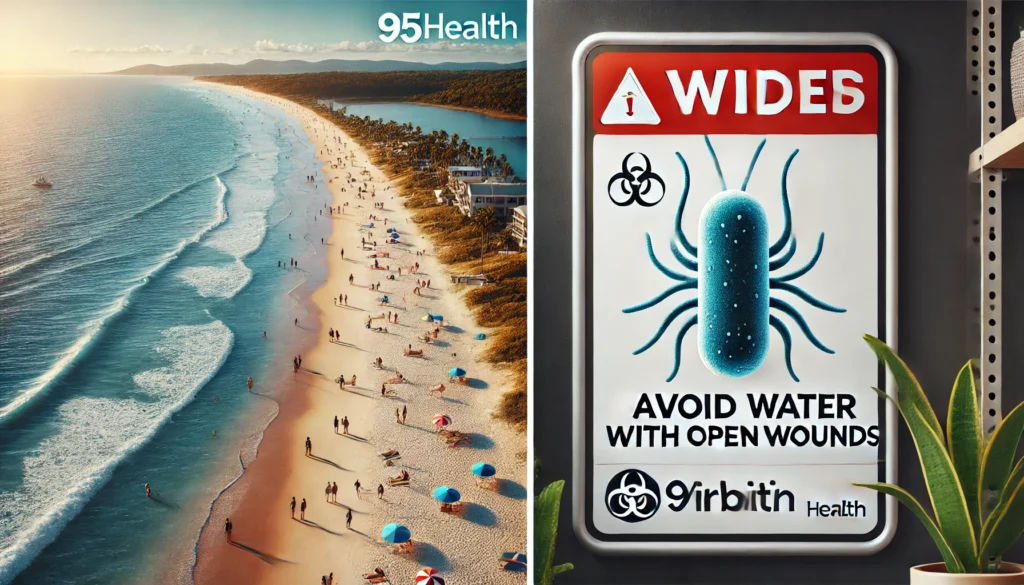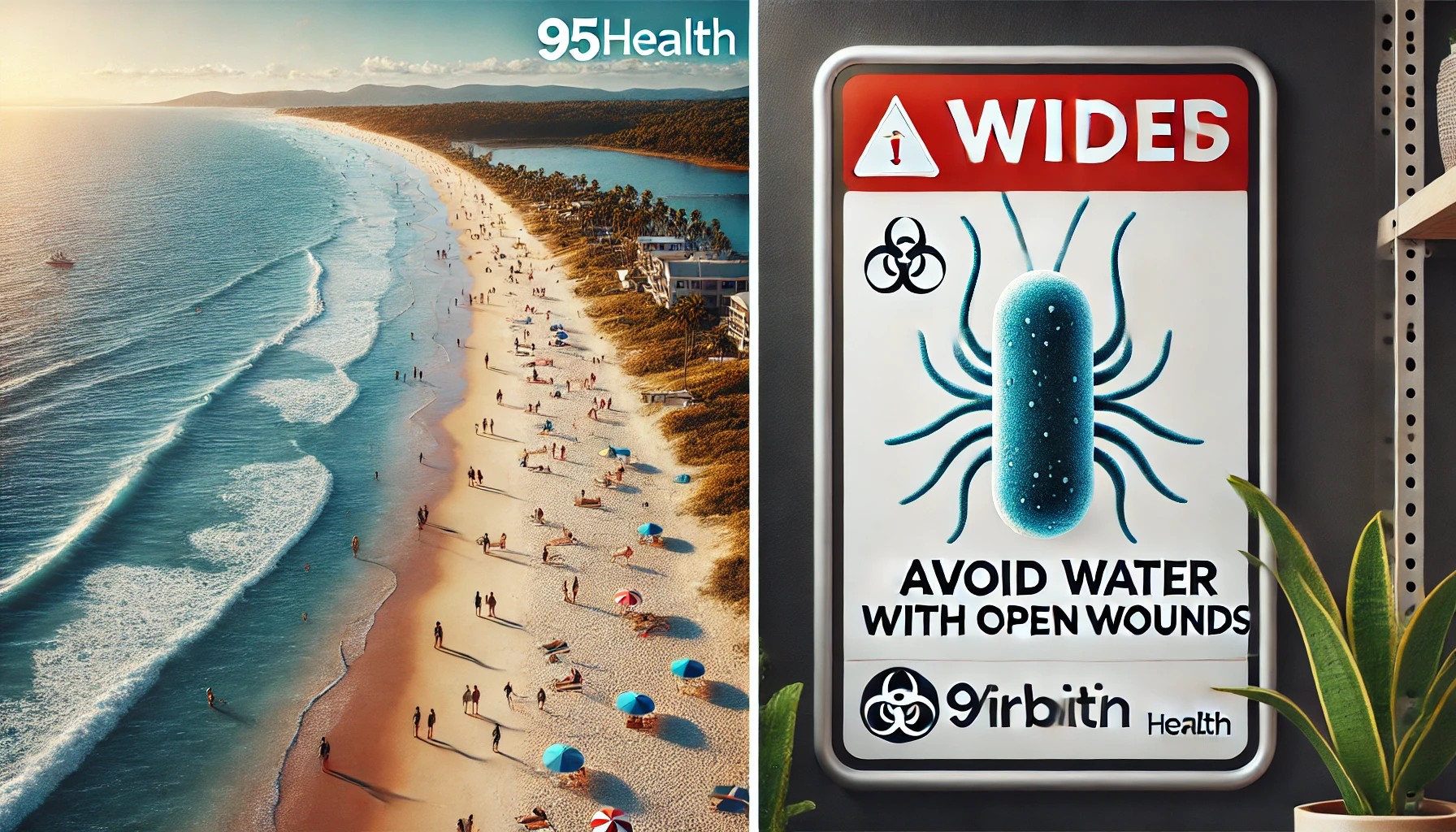Beachgoers Urged to Avoid Water with Open Wounds After Rhode Island Tragedy
In a recent and tragic incident, a Rhode Island resident passed away due to a rare infection after swimming with an open wound. This incident has sparked urgent warnings from health officials about the dangers of entering coastal waters with cuts or sores.
The Cause: Vibrio Infection
The fatal infection was caused by Vibrio vulnificus, a type of bacteria commonly found in warm, salty, or brackish waters. Vibrio infections can occur when open wounds are exposed to these waters or through the consumption of undercooked or raw seafood, particularly oysters. According to the Centers for Disease Control and Prevention (CDC), about 150-200 cases of Vibrio vulnificus infections are reported in the United States each year, with roughly one in five cases being fatal.
Participants in the Rhode Island Incident and Response
| Participant | Role/Details |
|---|---|
| Rhode Island Resident | Individual who contracted the Vibrio infection and passed away. |
| Rhode Island Department of Health | Issued warnings and advisories to the public about the dangers of entering water with open wounds. |
| Centers for Disease Control and Prevention (CDC) | Provided guidelines on identifying and treating Vibrio infections. |
| Local Beach Authorities | Responsible for enforcing safety measures and informing beachgoers about the risks. |
| Healthcare Providers | Diagnosed and treated Vibrio infections, provided medical care to the affected individual. |
Information sourced from 95health.com
Symptoms and Risks
Vibrio infections can cause severe symptoms, including watery diarrhea, abdominal cramping, nausea, vomiting, fever, and chills. Infections that occur through wounds can lead to redness, swelling, and severe pain at the site of the infection, which can rapidly progress to bloodstream infections, requiring urgent medical attention.

Prevention Measures
Health officials recommend several preventative measures to reduce the risk of Vibrio infections:
- Avoid entering salt or brackish water with open wounds, cuts, or sores.
- Promptly clean and cover wounds if they come into contact with seawater or raw seafood.
- Cook seafood, especially oysters, thoroughly before consumption.
- Seek medical attention immediately if you develop symptoms of infection after exposure to coastal waters or consuming seafood.
Health Advisory
The Rhode Island Department of Health has issued advisories urging beachgoers to be vigilant and practice good wound care hygiene. They emphasize the importance of preventing such infections, which can be life-threatening if not treated promptly.
Rhode Island Health and Emergency Response Numbers
| Service | Contact Number |
|---|---|
| Rhode Island Department of Health | 401-222-5960 |
| Office of State Medical Examiners | 401-222-5500 |
| After Hours Public Health Emergencies | 401-276-8046 |
| Rhode Island Poison Center | 800-222-1222 |
| Emergency Medical Services (EMS) | 911 |
| Non-Emergency Police | 401-272-3121 |
Information sourced from the Rhode Island Department of Health website.








It’s heartbreaking to read about the loss of a life due to Vibrio infection, but it’s a stark reminder of the risks associated with open wounds in marine environments. The Rhode Island Department of Health’s prompt action in issuing warnings is commendable. For those who enjoy the beach, being aware of the risks and practicing good wound care hygiene can make a significant difference. Kudos to 95health.com for spreading awareness and keeping the community informed!
You are right dear. Very well said.
The information shared in this article is vital for all beachgoers, not just those in Rhode Island. The CDC’s guidelines on identifying and treating Vibrio infections are crucial, and I appreciate 95health.com for bringing this to light. It’s a reminder that nature, while beautiful, can also be dangerous. Staying informed and taking precautions can help ensure that our beach experiences remain safe and enjoyable.
Very positive remarks. Thanks dear.
Readers of this article need to be aware of the risks found in the ocean for swimmers. If you have exposed wounds you need to be careful as bacteria might quickly invade your body.